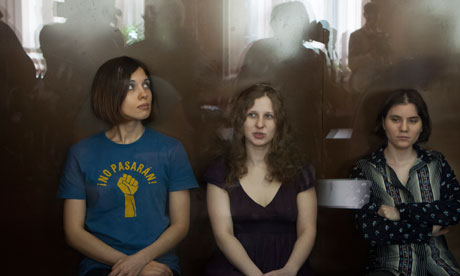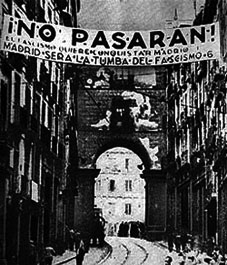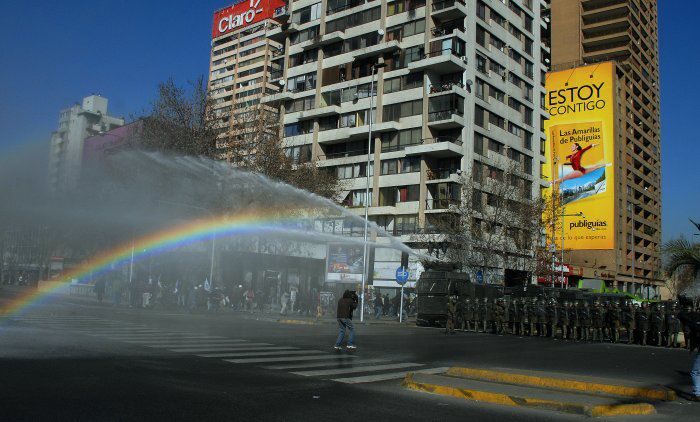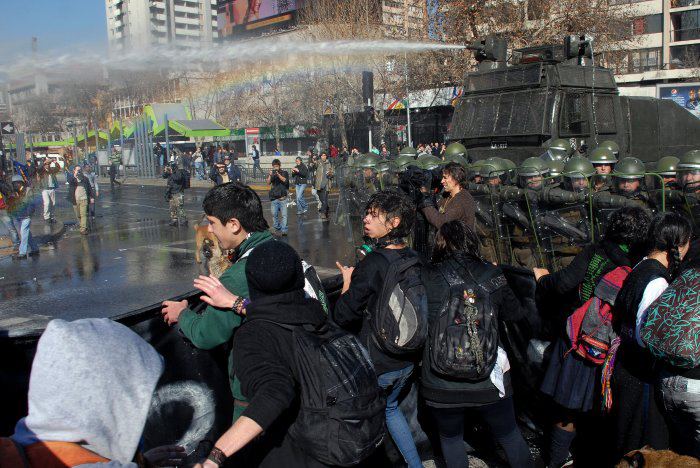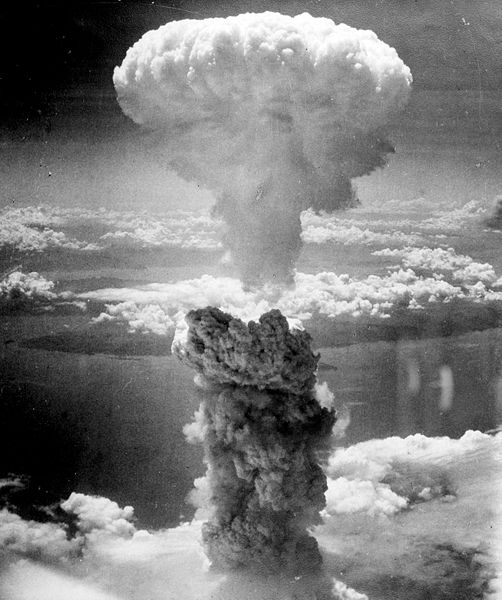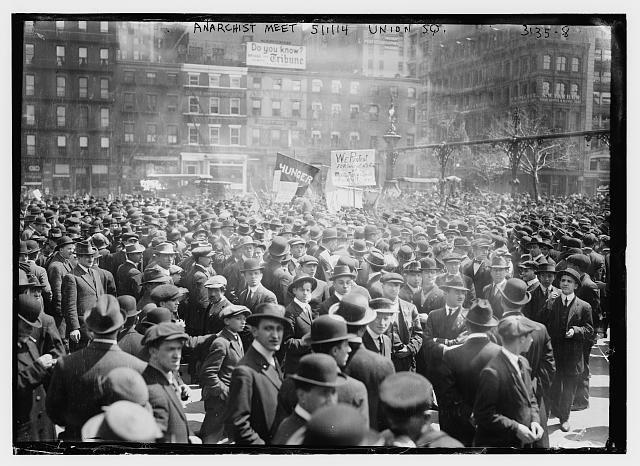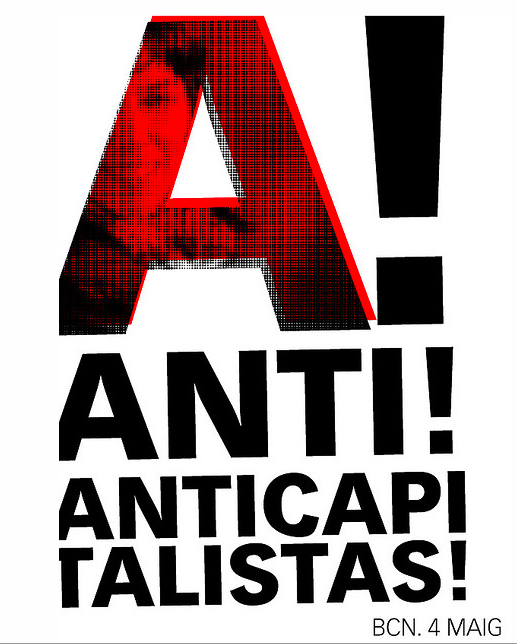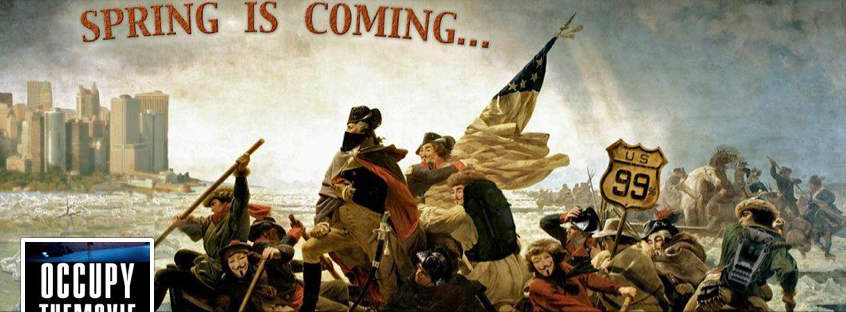 Another day, another enormous resistance to the neo-liberal austerity regime. Today it was Greece, yesterday Spain. before that Portugal. Now a media and governmental meme is emerging in which it is said that “only” the periphery of Europe are in trouble and that the “strong” countries are doing well. It is hinted that Greece can and should leave the Euro. This is all bravado.
Another day, another enormous resistance to the neo-liberal austerity regime. Today it was Greece, yesterday Spain. before that Portugal. Now a media and governmental meme is emerging in which it is said that “only” the periphery of Europe are in trouble and that the “strong” countries are doing well. It is hinted that Greece can and should leave the Euro. This is all bravado.
In “strong” France, it was announced today that unemployment has passed the three million mark. Despite the socialist victory in the Presidential elections, French activists see a continuity of austerity. I’m translating below a call to action on October 13 issued by the Paris Assembly of Démocratie réelle maintenant, the French equivalent to Spain’s Democracia Real Ya! Anti-debt groups across Europe and in the Americas are now working to co-ordinate a call for O13. Can what we used to call the left finally get its global act together?
Here’s the French call, translated rather literally, to be true to the original, which centers on the “casseroles” used in Montréal, the banging of pots and pans (all emphasis original):
Citizens! Into the Streets and To the Casseroles to Cancel Illegitimate Debt!
Debt is a racket!
Closure of schools and hospitals, reduction or suppression in social services, increased sales tax, absence of affordable housing…Such politics of austerity, applied for years in Latin America and Africa, are now current in the European Union. No population has been or will be spared, with the most precarious being the first affected. The situation is serious: let’s wake up!
Austerity claims to be legitimate because it results from excessive expenditures on benefits…In reality, sovereign debt comes from both the savagery of private banks since the 2008 crisis and the numerous fiscal gifts to the richest and to corporations for decades.
The debt also results from the excessive interest rates that we pay to private banks from whom the State borrows to finance itself, since it can no longer borrow from the Central Bank. The total debt results from compound interest built up over the past forty years!
The public debt is odious when we are told to reimburse the same people who are responsible for the crisis and who have not ceased to enrich themselves since.
The public debt is not legitimate when it impoverishes us, the 99%, in order to sustain private and unwarranted lenders.
To pay the public debt is just to produce… private debt: that of students, those in precarious housing, the sick, workers, the unemployed, farmers, undocumented immigrants, as well as all those who have to pay the individual price of the dismanteling of public services and benefits.
To continue with growth at all costs imposed by the blackmail of debt is also to increase our ecological debt, which, far more than the public debt, is what’s really at stake in the 21st century.
Where is democracy if we cannot say NO to that which is in the interest only of the privileged and when collusion reigns between them and those who govern us? Where is democracy when all future debate and politics is barred by European treaties, the latest of which, known as the Budget Treaty, is even now in the course of ratification by our so-called “representatives”?
The abolition of illegitimate debt must also be extended to other countries: we demand that the French state cease to shake down other nations in the name of odious debt, which they have already largely repaid, while we continue to pillage their wealth. We won’t pay illegitimate debt, not here or elsewhere! The only legitimate debt that we have is to respond to the call of the African [President] Thomas Sankara to create a global front against debt.
October 13 is a global day of action! Paris, rise up, everyone in the streets with your casseroles for a great unity march from Goldman Sachs to the Assemblée Nationale [Parliament/Congress]: stop the European budget treaty, cancel illegitimate debt here and elsewhere.
After the march, we will meet in an assembly to discuss alternative futures and to build common outcomes from the mobilization.
So there are a couple of points to note here. Obviously this is a more substantive and less media-oriented press release than is now common in the Anglophone world. And the focus is at first more on sovereign (or public) debt. The analysis moves into full agreement with global debt campaigns as it highlights how public debt produces private debt at the expense of developing nations and the biosphere. What might just be happening here is the formation of global anti-capitalist movement with a common theme. I find that idea more than a little intriguing.

